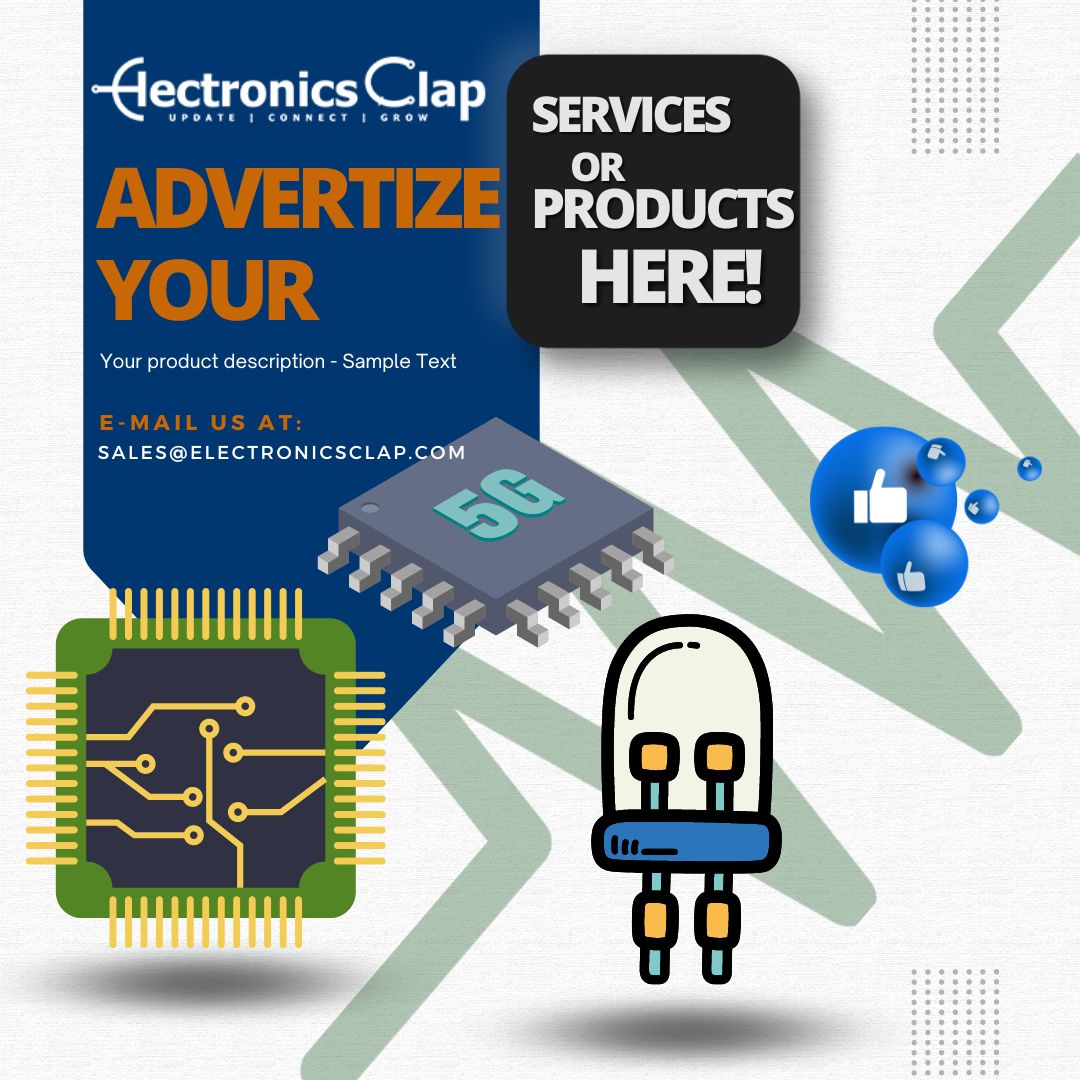Based on an exclusive interview by Anamika Sahu, Editor-in-Chief, Electronics Clap, with IPC’s President and CEO, John W Mitchell.
In recent years, India and the United States have been working together to strengthen their collaboration in the electronics industry. In May 2022, President Biden and Prime Minister Modi announced the U.S.-India initiative on Critical and Emerging Technology (iCET) to elevate and expand their strategic technology partnership and defense industrial cooperation. The two countries are committed to fostering an open, accessible, and secure technology ecosystem, based on mutual trust and confidence that will reinforce their democratic values and democratic institutions.
The two sides have discussed opportunities for greater cooperation in critical and emerging technologies, co-development and coproduction, and ways to deepen connectivity across their innovation ecosystems. Recently, India and the US signed a Memorandum of Understanding (MoU) on establishing the Semiconductor Supply chain during the India-USA 5th Commercial Dialogue 2023. This collaboration has the potential to make a stronger mark in the global electronics industry. Let’s hear more about this exciting partnership in our interview with industry experts.
Electronics Clap interviewed John W Mitchell, President and CEO, IPC, at the IPC IEMI-2023 event, a premier gathering that draws industry leaders to discuss the future of electronics. During the interview, John highlights India’s strengthening position in the global electronics ecosystem. He shared his insights on the purpose and significance of the event, as well as IPC’s evolving role in the current dynamic landscape of the electronics industry and collaboration between India and the US.
Can you tell us about IEMI 2023 and its purpose? What are some of the opportunities and trends discussed?
The IEMI 2023 is a flagship annual gathering that moves across India, strategically tapping into centers of excellence. Its primary purpose is to foster collaboration within the electronics industry, facilitating networking opportunities and knowledge sharing among experts. The event aims to address the industry’s challenges and capitalize on emerging trends.
During the conversations in Chennai and at a broader level, industry leaders discussed advanced packaging, workforce challenges, and the increasing role of sustainability in electronics. IPC endeavors to bring industry players together to create solutions that benefit the entire electronics ecosystem.
How has IPC’s role transformed in the rapidly changing electronics landscape, and what additional responsibilities do you foresee in light of global developments?
IPC’s role has evolved significantly from its origins, which focused on PCBs and standards. Presently, IPC extends its reach to encompass the entire electronics industry, including assembly, OEMs, equipment manufacturers, and advanced packaging. As the industry evolves, IPC is taking on larger responsibilities, such as addressing workforce challenges and championing sustainable practices. As the industry’s leading association, IPC endeavors to guide the electronics sector toward a more collaborative, efficient, and forward-thinking future.
Artificial Intelligence (AI) is gaining prominence in various industries. How is the electronics sector adopting AI, and what opportunities and challenges does it present?
AI is a critical tool that the electronics industry is actively embracing. It finds applications in data analysis, supply chain management, and marketing strategies, enhancing efficiency and quality across various processes. The adoption of AI, however, comes with challenges, including initial costs and concerns about data security. Additionally, upskilling the workforce to leverage AI effectively is essential to maximizing its potential benefits.
Data security is paramount when integrating AI and advanced technologies. What suggestions do you have for electronic companies to collaborate with data security organizations and ensure secure AI adoption?
Collaboration with data security organizations is crucial for electronic companies to ensure secure AI adoption. Implementing a segmented network approach, with separate networks for internal AI usage and external data access, can significantly enhance data security. Working closely with data security experts and investing in robust security measures will safeguard sensitive information from potential breaches.
India presents significant opportunities in the electronics industry. How is IPC working with the Indian government and bureaucrats to advance these opportunities?
IPC recognizes India’s potential as a major player in the global electronics industry and collaborates closely with the Indian government and bureaucrats to capitalize on the opportunities. IPC facilitates workforce training, standards development, and advocacy efforts to support India’s electronics industry growth. By organizing events, creating awareness, and fostering government-to-government connections, IPC aims to empower India to excel in the electronics sector.
Given the disruptions in the global electronics and semiconductor chip markets, how do you see India and other emerging nations like Singapore as potential leaders? What areas should they focus on?
India and other nations, such as Singapore, have the potential to emerge as leaders in the electronics industry. To capitalize on this opportunity, they must focus on ancillary technologies like advanced packaging, assembly processes, and printed boards. Building a comprehensive electronics ecosystem, including semiconductors, substrates, and packaging solutions, will also be instrumental in positioning these countries as leaders. Collaboration between the government and industry, along with strategic investments, will be vital for success.
How can IPC play a role in enabling these opportunities and supporting the startup ecosystem in the electronics industry?
IPC plays a significant role in supporting startups in the electronics industry. By becoming IPC members, startups gain access to valuable resources, standards, and involvement in committees, allowing them to connect with experts from larger companies. IPC’s workforce training initiatives and advocacy efforts further empower startups to leverage global expertise, fostering their growth and contributions to the electronics industry.
Will India play a pivotal role in empowering the IPC?
IPC operates as a nonprofit organization driven by industry volunteers who shape standards and education. India’s expertise and active participation in IPC committees will play a pivotal role in directing and shaping standards and education for the electronics industry. As IPC continues to work towards a collaborative and innovative future, India’s contributions will be vital in driving the electronics industry forward.







